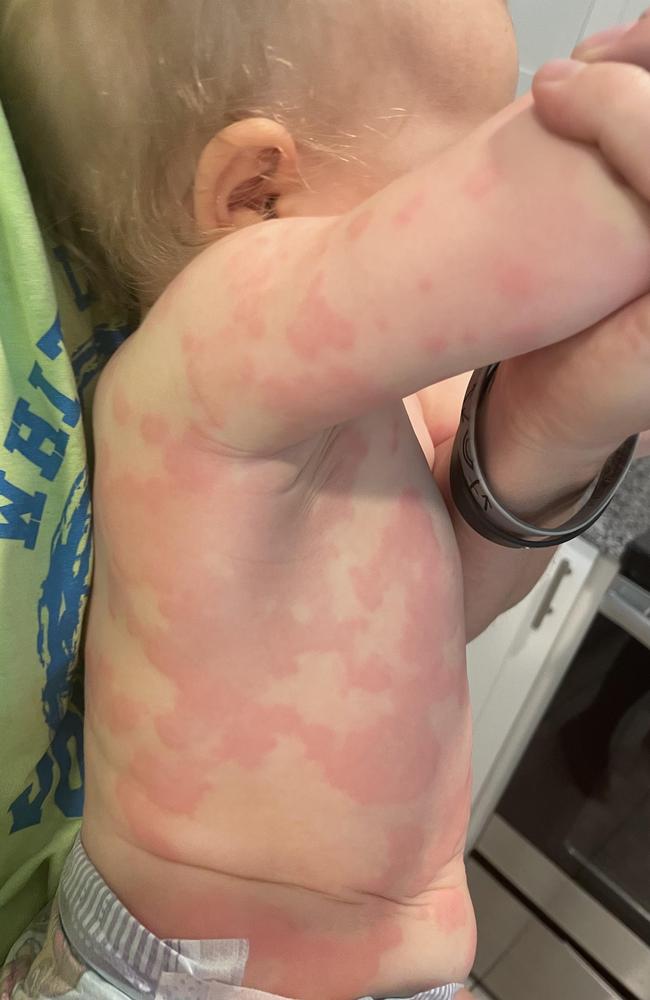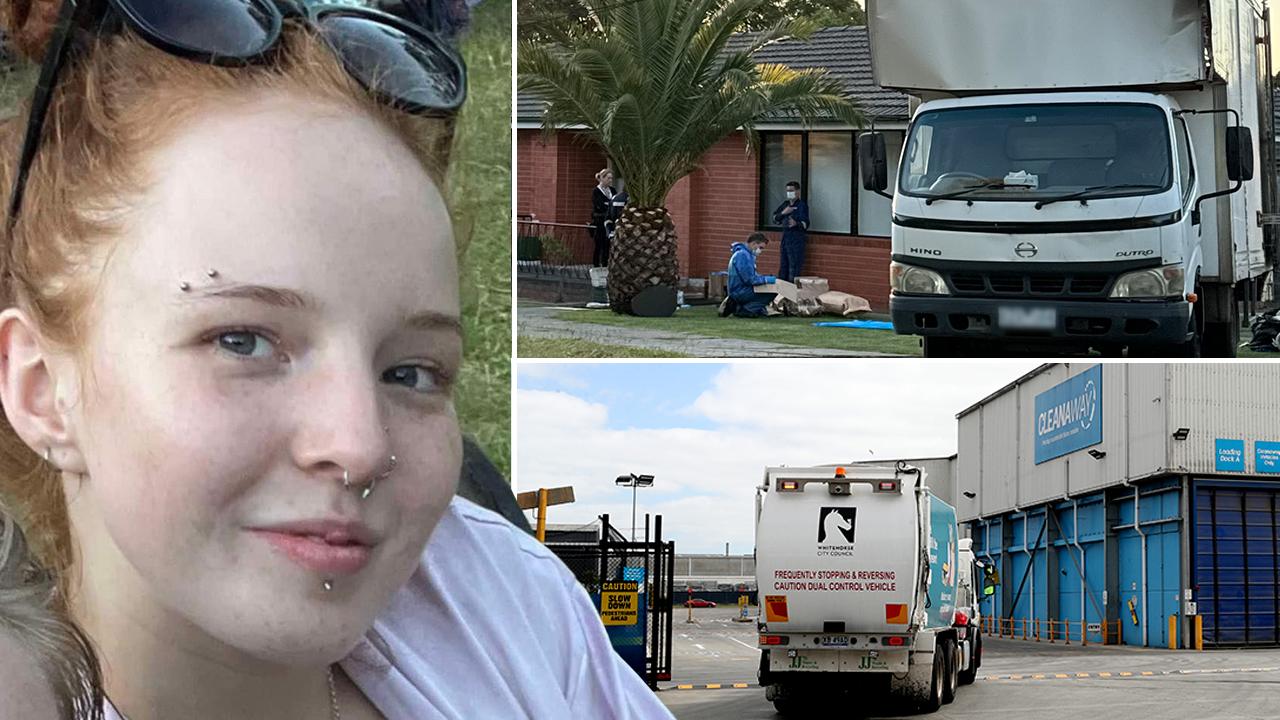Experts pour cold water on newborn peanut trend saying it isn’t necessary
Well-meaning parents are filming themselves giving their babies peanut butter in hospital car parks as they fearfully test for allergies — but experts say the new trend is unnecessary and unfounded.

Victoria
Don't miss out on the headlines from Victoria. Followed categories will be added to My News.
Allergy experts have poured cold water on a popular parenting trend where families drive to hospital car parks for their baby’s first taste of peanut butter.
Social media has brought a practice once shared between friends out into the open, with videos from well-meaning parents to popular influencers hanging around hospitals racking up thousands or even millions of views.
But experts said the advice was based on misunderstanding about allergies and they do not need to spend their day outside a hospital.
They advised parents to introduce babies, 6-12 months old, to allergens one at a time, in small amounts and monitor for symptoms at home.
Pediatric allergist and Murdoch Children’s Research Institute senior research clinician Dr Tim Brettig said he was aware of the trend, but “there’s no clinical evidence that suggests that it’s necessary”.
“The biggest concern for parents is that their child is going to be that child that has anaphylaxis,” he said.
“The probability of it occurring in the first place is low.
“Severe reactions are highly uncommon, particularly in infants, to present with
anaphylaxis in their first exposure.”

He said even if you “were the very unfortunate infant that does have anaphylaxis” it “still takes time” to get to the stage where it impacts their breathing.
“It’s well within the time limits that you’d expect an ambulance to be able to respond,” he said.
“It’s a progressive development of symptoms.”
He said parents should instead learn to recognise the signs. A mild to moderate reaction could include hives, welts, localised swelling, irritability, vomiting or stomach pain, while anaphylaxis symptoms included a persistent cough, wheezing or increased effort breathing and, particularly for babies, becoming pale and floppy.
Royal Australian College of General Practice allergy special interest group chair Dr Nicholas Cooling said the hospital car park “was about as safe as you’re going to get it at home”.
“Being in the hospital car park doesn’t actually help a lot, and just perhaps raises this whole anxiety that it’s this really risky thing,” he said.
“The risk is low and you can usually manage it there [at home] yourself.”
“There have been no reports of death to first peanut exposure in infants anywhere in the world.”

The general practitioner said, even if your baby has a mild reaction, a busy emergency department was “not the most easy way” to get treatment and it could be handled at home.
“They [parents] could manage it simply by giving some antihistamines or consulting on their phone to their local health emergency network,” he said.
He said these “peanut parties” had been happening for “as long as I can remember”, but social media gave people a “bigger network” to share the phenomenon.
“They haven’t got the message that it’s safe to introduce foods at home … or they are anxious to do so despite the facts,” he said.
“Parental anxiety about foods has increased.
“Unfortunately guidelines don’t always cut through the social media dominated world.
“It is harder to see trusted health professionals such as GPs and a wise next door neighbour, so instead of getting advice from them, people turn to social media.”



